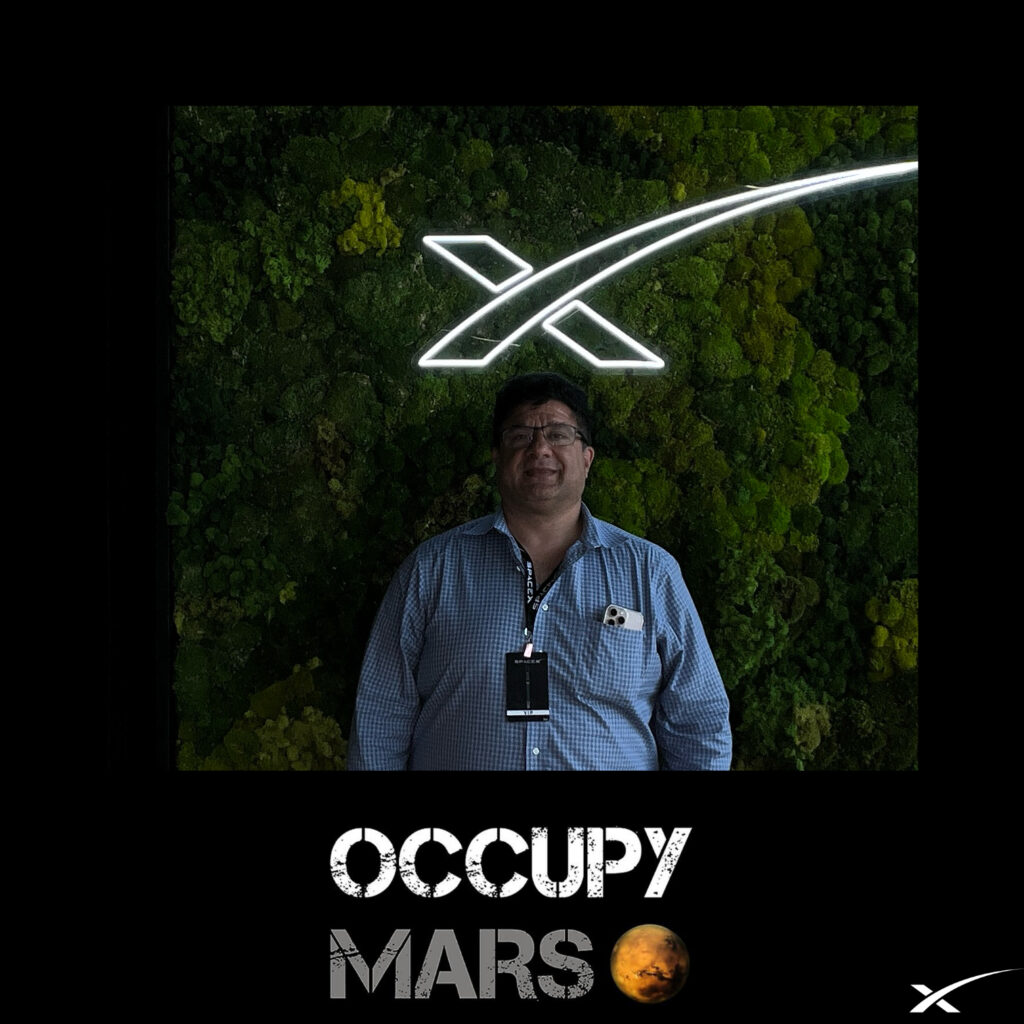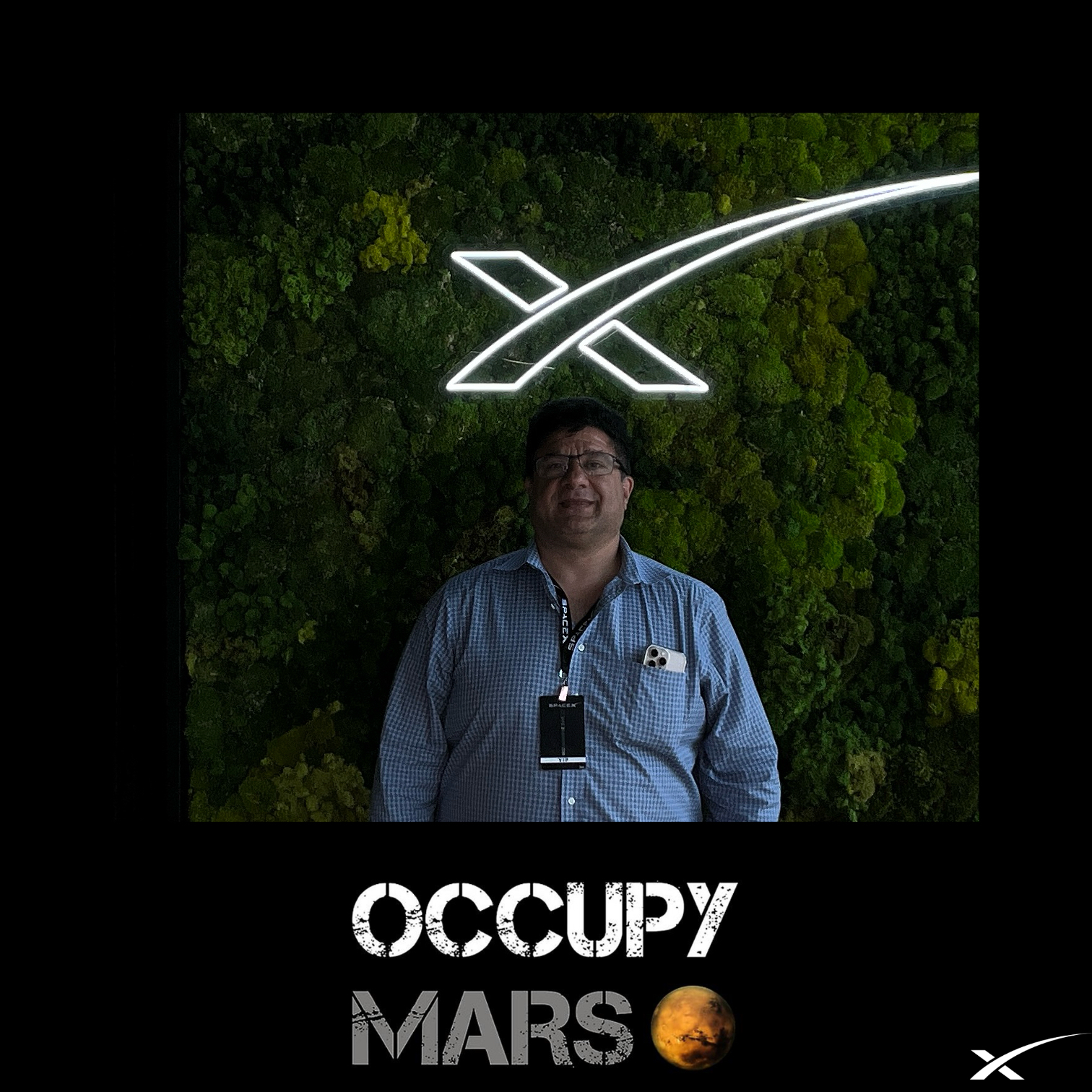By Stephen Shaya, M.D. – Founder, Akkhad Holdings

As a child, I was always captivated by the idea of space exploration. The vastness of the universe and the potential for discovery beyond our planet fueled my imagination. This fascination with space has stayed with me throughout my life and has significantly influenced my career in medicine.
My journey into the world of healthcare began with a simple yet profound realization: healthcare should be accessible to everyone, regardless of their location. As the Executive Servant Leader for J&B Medical and a medically trained doctor, I have seen firsthand how innovative healthcare solutions can bridge the gap between patients and healthcare providers, offering timely and efficient care to those in remote or underserved areas.
While delving deeper into telemedicine, I couldn’t help but think about its applications beyond Earth. The idea of providing healthcare to astronauts on long-duration space missions is a fascinating challenge. Space exploration presents unique challenges to human health, from the effects of microgravity on the body to the psychological impact of isolation. Telemedicine can play a crucial role in addressing these challenges, ensuring that astronauts receive the medical care they need, even when they are millions of miles away from Earth. Telemedicine can also help facilitate groundbreaking medical research that can be done in space on some of the most difficult health challenges.
My vision for healthcare in space extends beyond just treating illnesses. One can envision a future where we can proactively monitor and maintain the health of astronauts, using advanced technologies to predict and prevent health issues before they arise. This approach will not only enhance the safety and well-being of astronauts but also pave the way for longer and more ambitious space missions.
So passionate about inspiring the next generation of space explorers–I believe that by sharing our knowledge and experiences, we can encourage young minds to pursue careers in science, technology, engineering, and mathematics (STEM). These future innovators will be the ones to push the boundaries of what is possible, taking humanity further into the cosmos.
As we continue to explore the “final frontier”, the integration of telemedicine and space healthcare will be essential. By combining our expertise in medicine with our passion for space exploration, we can ensure that the health and well-being of astronauts are prioritized, enabling them to achieve their mission objectives and return safely to Earth.
My favorite space quote comes from Neil Armstrong. “That’s one small step for a man, one giant step for mankind.” I truly believe this applies not just to space travel but to innovative approaches to delivering care everywhere.





